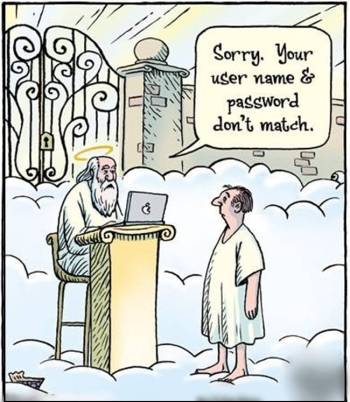It has long been the case in what some refer to as the 'Postmodern' world that the "definition of what is the 'original'" is impossible to construct as an absolute truth. Effectively there is no such truth. It is not so long ago that chess 'experts' claimed that computers could never be better than human grand masters because computers could only rely on memorisation and algorithm's that human programmers would teach them. The thought was that human's use actual intelligence to win the game, but could not express such 'intelligence' accurately with any algorithm or series of patterns. Alas for the chess community that notion of human superiority has been completely destroyed. Computers, via AI, play better chess than humans.
As humans, we learn a programming language (and so on); the meaning of its key words and statements and the grammar it involves. But then we need to express our ideas, using the programming language constructs, in order to solve a problem, to provide a solution to something we want. In practice, no-one creates that program from nothing but their expert knowledge of the programming language component constructs and their human intelligence. Rather, like probably every other pursuit, we conduct research into the work of others, sometimes for tiny useful algorithms but also on a wider scale where the overall work of others is close to what we ourselves are trying to achieve. It is impossible therefore to claim absolute ownership of anything, which is not to deny the amount of individual creative effort that has been involved. To acknowledge that creative effort, humans have defined processes that allow individuals to claim copyright to aspects of their work and to assign a license to that output specifying when and if parts or all of it can be copied, modified, and used and so on.
Since it is inevitable, and indeed already happening, that AI will be used in whole or in part to write some, much, or all of the code needed to solve a particular problem - using their every growing database of past work (human, AI, or human/AI combined) the idea of copyright and license becomes ever more complex to implement and enforce, but since products are designed for sale, competition and copyright is of fundamental importance to the survival of businesses, which are the employers that provide human livelihoods, it is not surprising that many business leaders are calling for a HALT prior to any further AI development. Chess as an example tends to suggest that any idea that AI-generated solution to an accurately stated problem is likely to be inferior to that of an 'expert' human is a suggestion that sooner rather than later will prove to be completely untrue. AI will sooner or later become capable of writing far better code than any human code master. Yes businesses who pay for such code to be written will somehow have to protect their investment in terms of copyright and licenses and so on.
But what I wonder re the history of current, mainly human created code, and the copyrights and licenses attached to that? Where do humans end up in terms of acknowledgement and rewards and protection in all of this when their efforts end proving inferior to those of the machine albeit being food and patterns/algorithms for the AI ever learning database memory?
In the open source community the acknowledgement of the work of others is already pretty much ignored by some individuals. And sometimes, especially for smaller pieces of code, it is impossible to genuinely claim copyright anyway and especially in this 'Post modern' world where all but the tip of the iceberg has already been written and everything is just a re-hash or re-assembly of the multiple little bits and pieces that have already been written before. The difference between the 'expert' human coding master and the AI is that some of these humans will have the ability and experience to do a very good and sometimes impressive job of finding a very good workable solution to a well-defined human need or problem whereas the AI, given a well-defined problem will produce a near PERFECT and most efficient solution no human can compete with.
Some claim that only humans have souls and that is what differentiates them even from other species of animals and certainly from the machine. Being made in the image of their God I suppose that philosophy suggests that their 'creations' are the nearest to perfection, but AI will prove that philosophy rubbish. I suppose AI is indeed the devil in the pudding here.
Edited to fix a few of the many mistakes in grammar... by a human.
![]()



